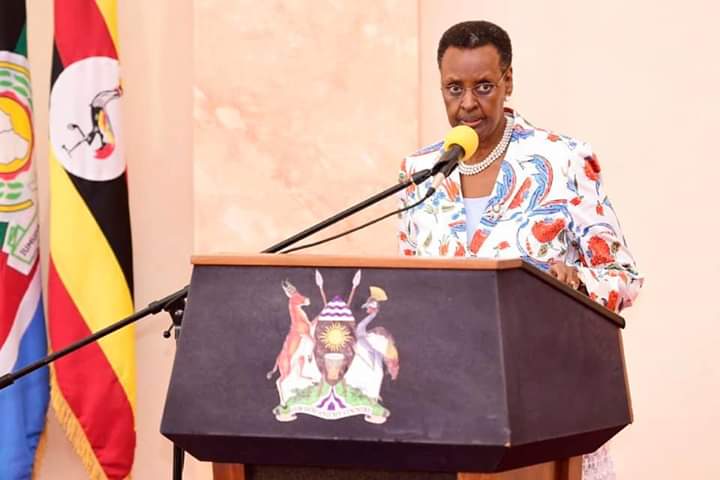KAMPALA, UGANDA: The Ministry of Education and Sports has allowed schools to operate both day and boarding sections as they reopen for the non-candidate classes in a staggered manner.
While reopening schools for candidate classes in October last year, the government ordered schools to only operate either as day or boarding to control the possible spread of Covid-19.
As a result, many schools operate as a boarding to limit the interaction of learners with the community and allow them to concentrate on teaching-learning activities.
However, in the updated COVID19 Standard Operating Procedures-SOPs released on Sunday evening, the Ministry observes that a school formally registered as day and boarding may operate as such but limit the physical interaction of the learners.
“A school categorized officially as day and boarding may operate as such…or may opt to operate as day. A school that chooses to operate as day and boarding shall make arrangements to ensure that the two categories of learners do not interact physically,” the updated guidelines read in part.
The idea of running as either day or boarding had greatly affected schools and parents. Many schools opted to run as boarding and lost many learners who could not afford the boarding section fees and requirements.
Josephine Ndagire, a school proprietor has welcomed the new change in the guidelines, saying the adjustment will help schools attract more learners. She is however worried about the condition enforcing the directive to limit the interaction of learner from either section.
“We had lost some of our learners when we closed doors to the day section. Reopening for day scholars will be good for schools. But the ministry should clarify how schools will ensure that these learners don’t interact physically, are we going to be teaching them separately or the set social distancing is enough?” Ndagire noted.
Besides the said change, most of the requirement have remained the same such as observing the two-meter social distancing at all time, effective and frequent handwashing, restriction of visitors and proper use of face masks.
However, many school authorities and inspectors had earlier appealed that the distance be revised to a one-meter, saying that many schools could fail to reopen due to limited space and furniture.
Hassan Gombe, the headteacher Mulago High School, notes that the secondary school will be affected greatly since they will have four classes at the school at least for a month.
“In most schools, candidates in S.5 and S.6 have already occupied much of the available space. Now the semi candidates will be joining and of course, they are many in number than the candidates. Then there is an issue of furniture,” said Gombe.
The ministry has however advised institutions with a large number of learners to split them into the morning and afternoon shifts. In the guidelines, the Ministry also advises schools to improvise safe temporary shelters such as tents and open-air such as tree shades for some classes.
Starting today, schools have started implementing the staggered re-opening for non-candidate classes beginning with semi-candidates in P.6, S.4 and S.5. This group of learner will study for 14 weeks before breaking off in May 2021.
P.4 and P.5 will report to school on April 6 studying for 8 weeks and break off on June 21 to allow lower primary classes to report and use the school facilities. P.1, P.2 and P.3 learners will report back on June 7, study for eight weeks, which will end on July 24.
At the secondary level, S.1 students will resume their studies on April 12 covering 14 weeks up to July 3 while Learners in S.2 will start on May 31 studying for 10 weeks up to July 24.
If you would like your article/opinion to be published on Uganda’s most authoritative news platform, send your submission on: [email protected]. You can also follow DailyExpress on WhatsApp and on Twitter (X) for realtime updates.



